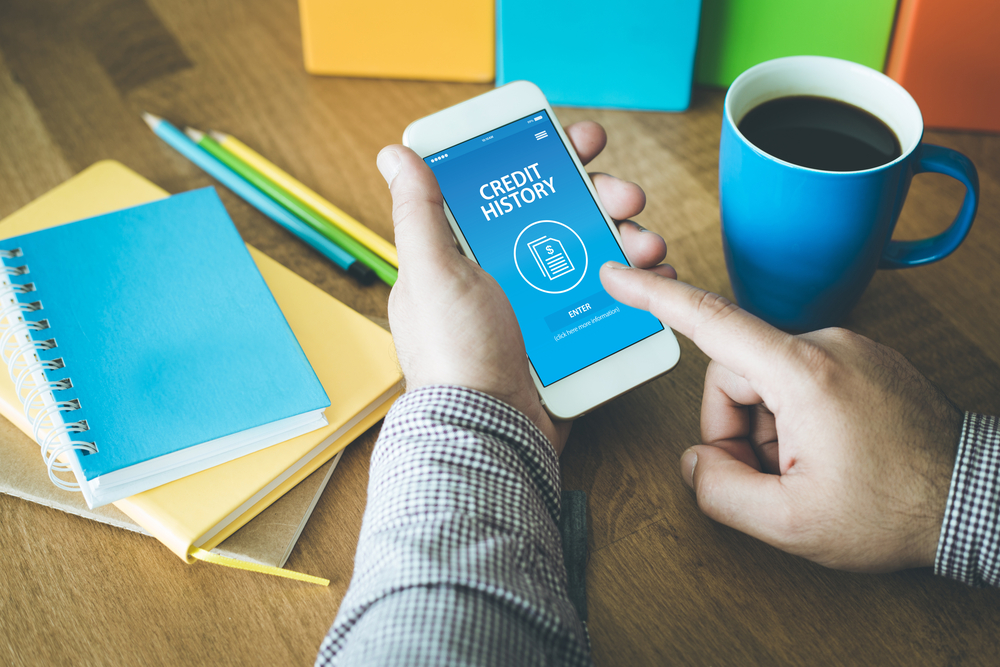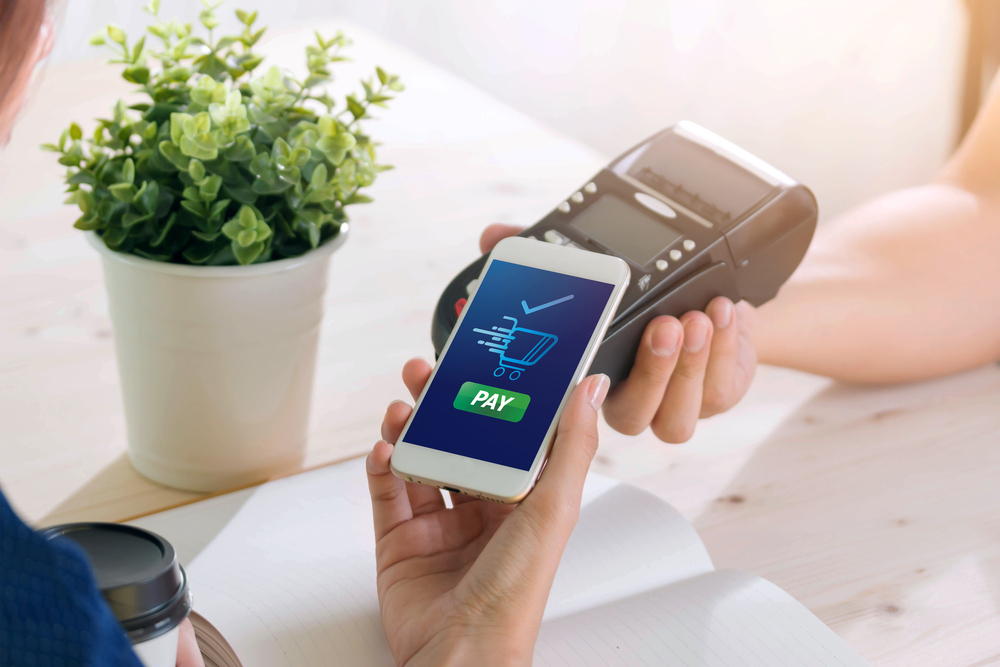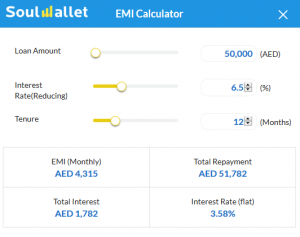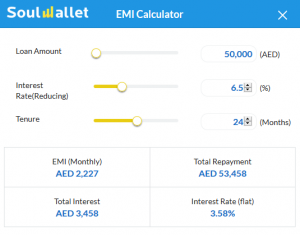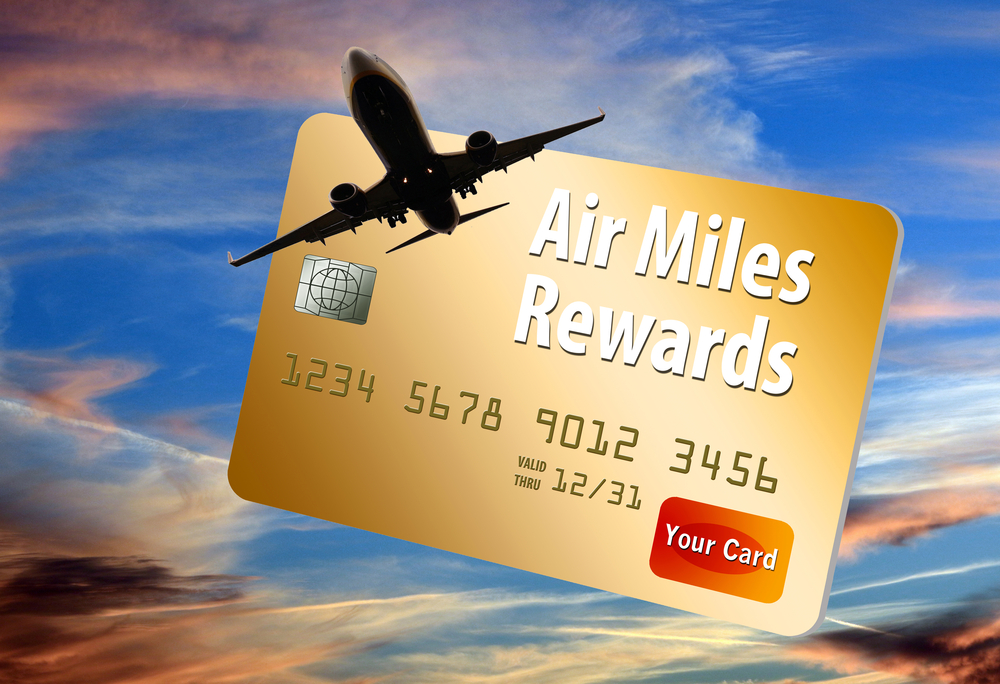Credit Score, the magic number that decides the fate of a loan or credit card application, had not been accessible to borrowers until recent times. The Al Etihad Credit Bureau (AECB), which began its operations 4 years back, has been filling this gap and started providing credit reports to customers. From serving 200 customers a month initially, the Bureau now fulfils 200 requests in just a day! Perplexed customers who face application rejections have turned to the AECB to know the reasons behind it. Acknowledging the ever-increasing demand for Credit Reports, the AECB has introduced its online services and mobile application since October 2018. Here are some highlights about the mobile application.
-
The current version (1.1) of the application, which was last updated on November 1st , is available on App store for IOS devices and play store for Android devices (version 4.1 and up)
-
To avail the facilities of the App, you have to follow the steps as outlined below.
-
Choose the type of report you want to buy (Credit Score, Credit Report with Score or Credit Report)
-
Register – Fill in the application form with personal details. Emirates ID is mandatory.
-
Answer security and Authentication questions.
-
Complete payment using credit or debit card.
-
You will receive the report/score within 30 minutes.
-
-
The application provides 3 types of services:
-
Credit Score: It is a 3-digit number (ranging from 300 to 900) that predicts the likelihood of you making your credit card or loan payments on time. A low score indicates high risk while a high score indicates low risk. It is calculated based on information from various sources such as Banks, Finance companies and Telecom Companies. The credit score is dynamic and varies according to your payment behaviour. Missing or delaying payment beyond due date, frequent usage of all limits on your credit card, carrying multiple credit cards, all of these would result in a low credit score.
-
Credit Report with Credit Score: The credit report is a detailed list that contains section-wise information as given below:
-
Section 1: Personal Information, such as personal identity info, address, employment details, income (if available) and credit score.
-
Section 2: No. of credit facilities availed, total exposure, percentage of credit limit utilization, worst payment delay, oldest contract start date, Summary of active credit facilities, total monthly instalments and total outstanding balance.
-
Section 3: Loan number, type of contract, provider number, start date, date last updated, Credit Bureau contract ID, A chronological table that shows payment history with colour codes (Green – Good, Yellow – delayed payment upto 90 days, red – payment delayed by more than 90 days). For credit cards, information such as credit card contract id, provider number, credit limit, maximum overdue amount and maximum days of payment delay will be displayed.
-
Section 4: Status of new applications for credit cards, application id, type of facility, total amount, no. of instalments. Etc.
-
-
Credit Report without score: This facility provides you with the same information as above, excluding the credit score.
-
-
Charges: The 3 facilities offered by the AECB app is considerably cheaper compared to the charges for the same when approached through one of the two customer happiness centres in UAE (Abu Dhabi and Dubai) . The charges are as given below.
-
Credit Report with score: AED 126
-
Credit Report only: AED 84
-
Credit Score: AED 52.50
-
The same services would have cost you AED 150, 100 and 60 respectively, if you had visited the AECB offices.
-
Data Correction: You can submit in-app requests to make corrections to any of the wrongly reported information from the reports. You can do this by sending a message that contains a subject, data provider and corrected information.
Armed with the Credit report or scores from the AECB app, you can approach suitable Personal/Home loan or credit card providers. Make timely payments and reduce your number of obligations to avoid loan/credit card application rejections. In the future, the AECB aims to include information from utilities, government agencies, courts and real estate, to gauge your repayment abilities more precisely. Make wise financial decisions for the future with the all new AECB app.

